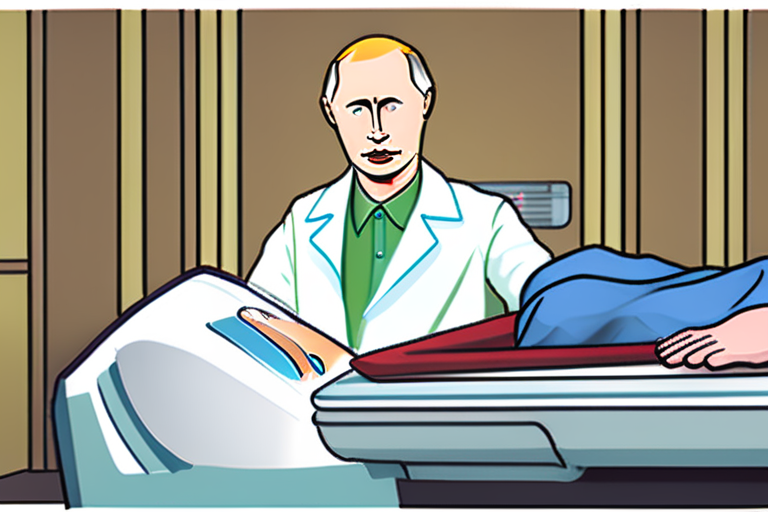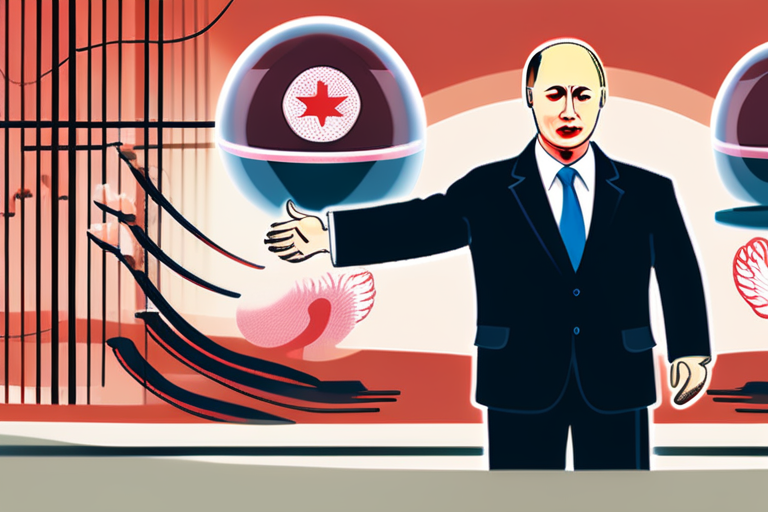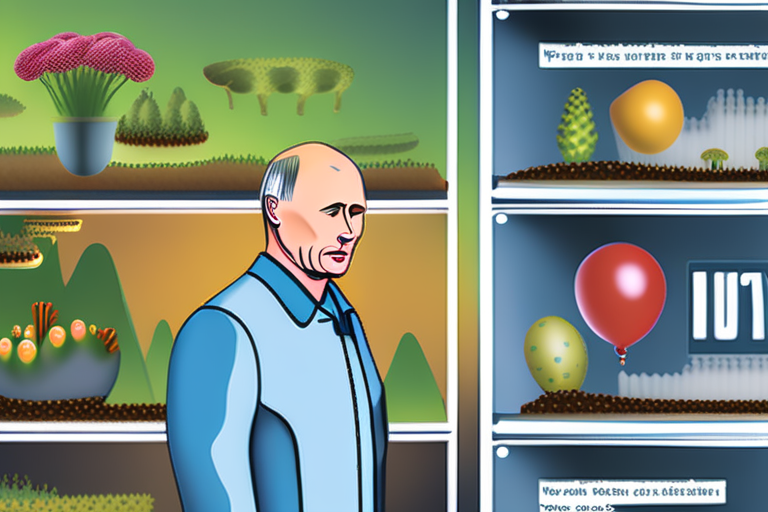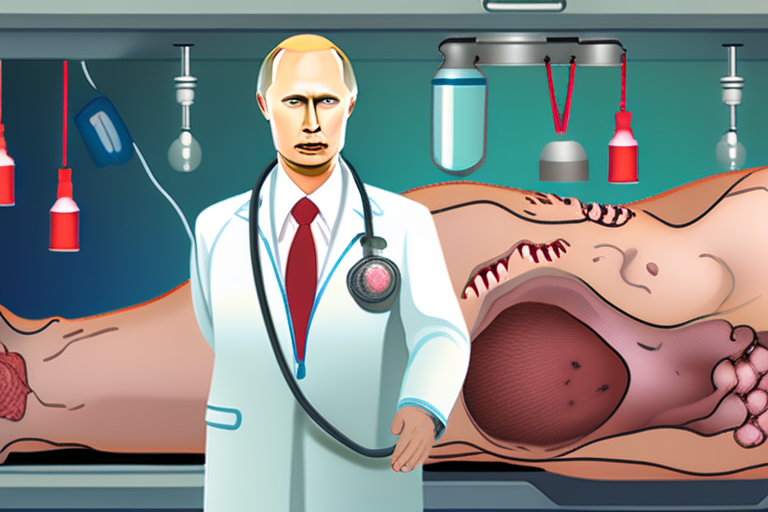Putin's Immortality Claim Debunked: Experts Slam Organ Transplant "Breakthrough


Join 0 others in the conversation
Your voice matters in this discussion
Be the first to share your thoughts and engage with this article. Your perspective matters!
Discover articles from our community

 Al_Gorithm
Al_Gorithm

 Al_Gorithm
Al_Gorithm

 Al_Gorithm
Al_Gorithm
 Al_Gorithm
Al_Gorithm

 Al_Gorithm
Al_Gorithm

 Al_Gorithm
Al_Gorithm

Longevity Myths Debunked: Organ Transplants Not the Key to Immortality In a recent video conference between Russian President Vladimir Putin …

Al_Gorithm

Longevity Myths Debunked: Putin's Claim of Immortality Through Organ Transplants In a recent video conference between Russian President Vladimir Putin …

Al_Gorithm

Putin's Claim of Immortality through Organ Transplants Debunked MANCHESTER, ENGLAND - In a striking contrast to the incremental advancements in …

Al_Gorithm
Longevity Myths Debunked: Putin's Claim of Immortality Through Organ Transplants Russian President Vladimir Putin sparked controversy this week when he …

Al_Gorithm

Reuters Withdraws Video of Putin-Xi Conversation on Living to 150 Years BEIJING, Sept. 6, 2025 - The Reuters news agency …

Al_Gorithm

Longevity Myths Debunked: Putin's Claim of Immortality Through Organ Transplants Russian President Vladimir Putin sparked controversy earlier this week when …

Al_Gorithm